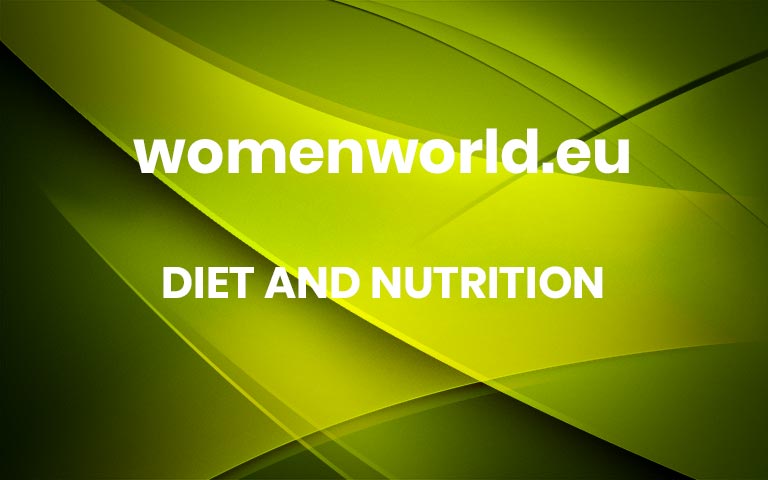Heads Up – Flu Season Has Already Begun. Here’s How To Prepare
Nothing marks the end of summer quite like the onset of flu season. This year, it’s arrived a full four weeks earlier than last year – the earliest start since 2010. Typically, flu season in South Africa starts in April and peaks in early June.In case you weren’t sure, the flu is a virus, meaning it grows and changes in time, like a living organism. Every year, flu strains change, and our bodies need to keep up to fight infection. “While some people let these viruses run their course without taking precautionary steps, people must know that complications from flu, like pneumonia and the effects of flu combined with other health conditions, can be very serious, even fatal,” warns Dr Noluthando Nematswerani, Head of the Centre for Clinical Excellence at Discovery Health.Which Strains Are Circulating This Flu Season?Every February and September, the World Health Organisation (WHO) organises technical consultations to recommend the viruses to include in influenza vaccines for the upcoming Northern and Southern Hemisphere influenza seasons. Since the influenza virus is constantly evolving, updating vaccines is crucial to ensure their continued effectiveness against circulating strains.This year, the trivalent vaccine has been formulated to protect against these three strains that are expected to be most prevalent during the 2025 flu season in the Southern Hemisphere:Influenza A (H1N1): One of the most common in recent years, which is sometimes referred to as swine flu.
Influenza A (H3N2): Another common influenza A strain that typically circulates each year. It is often associated with more severe illness in older adults.
Influenza B (Victoria lineage): This strain is also frequently found in circulation and has been shown to demonstrate elevated infection rates in children.READ MORE: 10 Cold And Flu Remedies That Actually WorkWhat Should I Do During Flu Season?While an early start doesn’t mean that this flu season will be more severe than others, it does mean it’s time to ramp up your medicine closet’s supply and schedule your flu vaccine, if you haven’t done so already. To prevent spreading the flu or keep yourself from getting sick, add these practices:Wash your hands often
Cover your coughs and sneezes with your elbow or a tissue
Avoid close contact with people who are sick
Stay home if you are feeling unwellPer the National Institute for Communicable Diseases, if your symptoms worsen or don’t improve within three to seven days, seek medical attention.Is It Too Late To Get Vaccinated?Short answer: no. Although the vaccine is most effective when given before the season starts, “it is not too late to get vaccinated,” says the NICD in a press release. “Protection develops about two weeks after vaccination, and annual vaccination is needed as flu viruses change over time and protection does not last from one year to the next.”READ MORE: Missed A Dose? It Could Be Costing More Than You ThinkWhy Should I Get The Flu Vaccine?The vaccine protects not just yourself but others around you from getting ill or with serious complications. For most people, flu symptoms are mild and resolve in a few days. But for some, influenza can lead to severe illness, hospitalisation, or even death. Those most at risk include:Pregnant women
People living with HIV
Individuals with chronic conditions like diabetes, lung disease, heart disease, tuberculosis, kidney disease, or obesity
Older adults (65 years and older)
Children younger than 2 yearsGiven the burden of disease already plaguing South Africans and a lack of water in some provinces, leading to a decline in basic hygiene, it’s more important than ever to prevent the onset of the flu. Aside from eating foods that boost your immunity and taking your vitamins, getting a vaccination is the best defence against new strains of the virus.Although the vaccine is most effective when given before the season starts, it’s not too late to get vaccinated. Protection develops about two weeks after the jab, and annual vaccination is needed since flu viruses change over time and protection does not last from one year to the next.How Do Vaccinations Work?Once you’ve been injected, your body develops the necessary antibodies to fight off the flu, which usually takes about two weeks. For this reason, now is the best time to get vaccinated – by the time flu season hits, you’re likely immune. And the idea that the vaccine makes you sick? It could happen that you are exposed to the flu virus before or during the two-week period that it takes to develop virus antibodies or become exposed to a circulating seasonal strain not included in the vaccine. Other illnesses, including the common cold, can have similar symptoms to the flu.READ MORE: “I Ignored My Symptoms For 10 Years. It Turned Out To Be This Life-Altering Condition.”Where Can I Get The Flu Shot In South Africa?Pharmacies in your area should be able to administer the shot. You can try Medirite, Clicks and Dis-Chem. Public health clinics and hospitals also offer the jab.You Can Get The Flu Vax For Free If…The National Department of Health provides influenza vaccination free of charge to healthcare workers, individuals aged 65 years and older, individuals with cardiovascular disease (including chronic heart disease, hypertension, or stroke), diabetes, chronic lung disease (including asthma, or chronic obstructive pulmonary disease), immunosuppressive conditions (e.g. living with HIV and AIDS, or malignancy), as well as pregnant women. More



